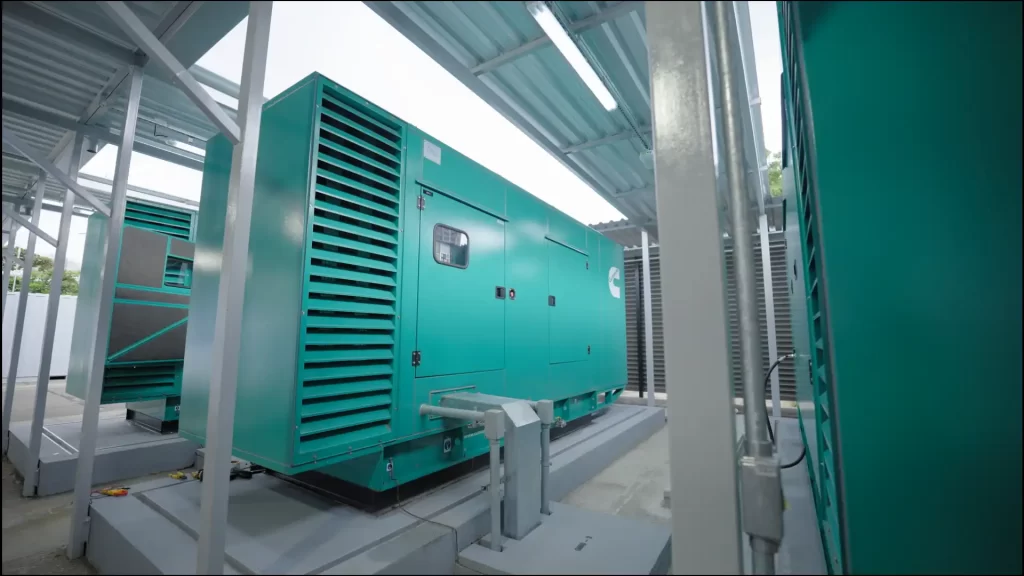What Is Quantum Computing?
Quantum computing uses the principles of quantum mechanics to process information in a completely different way from classical computers.
While traditional computers use bits (0 and 1), quantum computers work with qubits. A qubit can represent 0, 1, or both simultaneously thanks to a phenomenon called superposition.
On top of that, qubits can be "entangled," meaning that changes to one qubit instantly affect the others in a process known as entanglement.
This approach allows quantum computers to tackle extremely complex problems—such as chemical simulations, optimization, and large-number factorization—with speed and efficiency that were previously unimaginable. Now that we’ve covered the basics, let’s explore the impacts on data centers.
Key Challenges and Adjustments in Data Center Infrastructure:
1. Cooling Systems
Quantum computers need to operate at extremely low temperatures, close to –273°C, to keep qubits stable. This requires cryogenic systems, which pose a major challenge for conventional data centers. However, the energy impact can be offset, since the amount of hardware required to process data is significantly smaller. A single quantum computer can replace countless traditional servers, reducing both physical space and overall energy consumption.
2. Hybrid Processing
Quantum computing still doesn’t outperform classical computers in tasks like text editing, web browsing, or simple calculations. Because of this, data centers will need to operate under a hybrid model, with mixed cooling systems to support both traditional and quantum hardware.
3. Connectivity Networks
To fully benefit from quantum computing, networks must be capable of moving massive amounts of data with low latency. While advances in edge processing are helping, we are still far from having a solution that can handle the traffic generated by quantum computing.
4. Cryptography and Security
With its ability to break codes that would take years today, quantum computing demands a major leap in digital security. Systems like access control and encryption will need to evolve to mitigate the risk of attacks.
5. Vibration-Free Environments
Qubits are extremely sensitive to vibrations. To keep them stable, it will be necessary to develop materials and systems that isolate quantum computers from any type of physical interference.
6. Electromagnetic Interference (EMI) Control
The sensitivity of qubits to electromagnetic noise is another challenge. Data centers will need specialized shielding to block any electromagnetic interference and ensure calculation accuracy.

